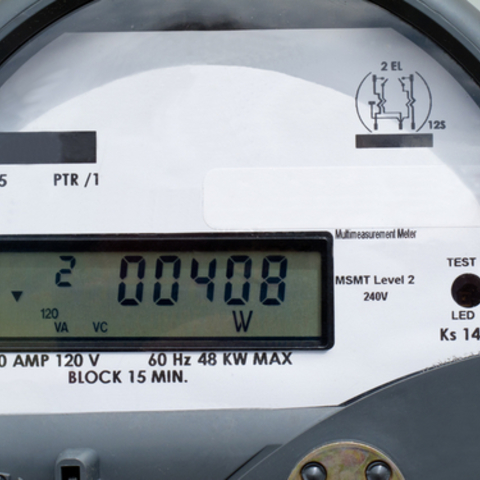Tuesday, 03/03/2026 | 11:55 GMT+7
According to a new report by research and consulting firm GlobalData, the European Union’s Security of Electricity Supply Directive (2005/89/EC), includes a requirement that encourages “the adoption of real-time demand management technologies such as advanced metering systems.” According to GlobalData, the uptake of smart metering systems across the EU, where at least 80% of existing electricity meters are to be replaced by smart meters, could end up reducing European Union emissions by up to 9%, and cutting annual household energy consumption by a similar amount.
In addition to the Security of Electricity Supply Directive, the European Union’s energy package, which came into effect in September of 2009, is encouraging the adoption of smart grid technology across the Union — of which smart meters are an important factor.
“Smart grids facilitate the incorporation of renewable energy sources into the power system in a stable manner,” said Harshavardhan Reddy Nagatham, GlobalData’s analyst covering Power. “This will help many countries to achieve their targets and meet domestic power requirements using clean power sources.”
“They will also allow customers to purchase cleaner power with lower carbon emissions and receive data on when it is least expensive to use electricity, enabling them to adjust their usage accordingly. This will improve the utilization of existing power plants and reduce the amount of fossil fuel capacity required, limiting harmful emissions.”

GlobalData‘s report, Smart Grid Policy Handbook 2016, also highlights the numerous social and economic benefits that will follow the expansion of smart grids throughout the Union, including new jobs and new electricity markets.
Stakeholders will be able to create niche markets using distributed generation, storage, demand response and other programs and services, which will lead to new opportunities for revenue generation,” explained Nagatham. “In the long term, with the implementation of advanced meter infrastructure, demand response programs and customer side systems, savings through electricity systems will increase, benefiting stakeholders.”
Cleantechnica.com







